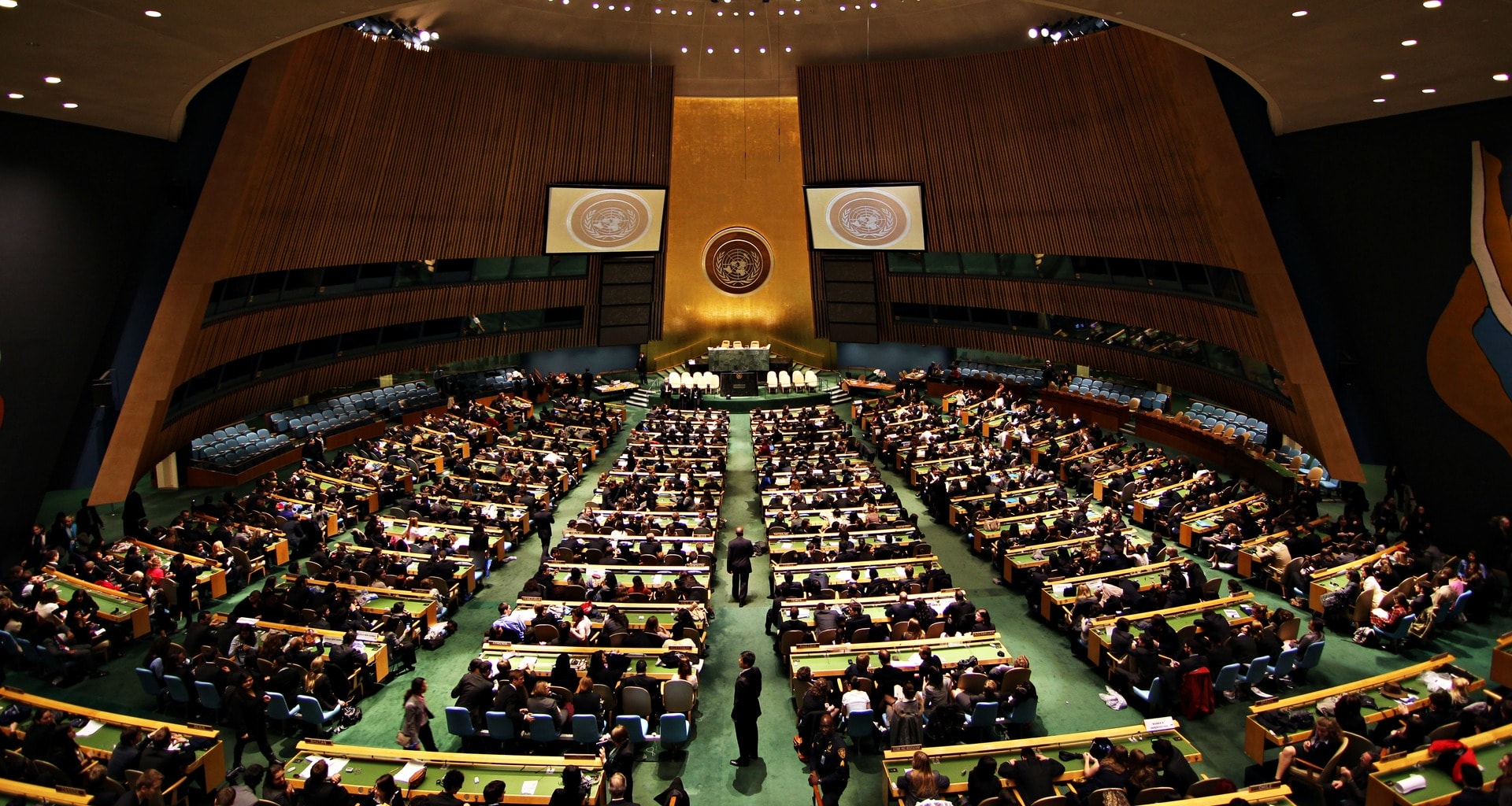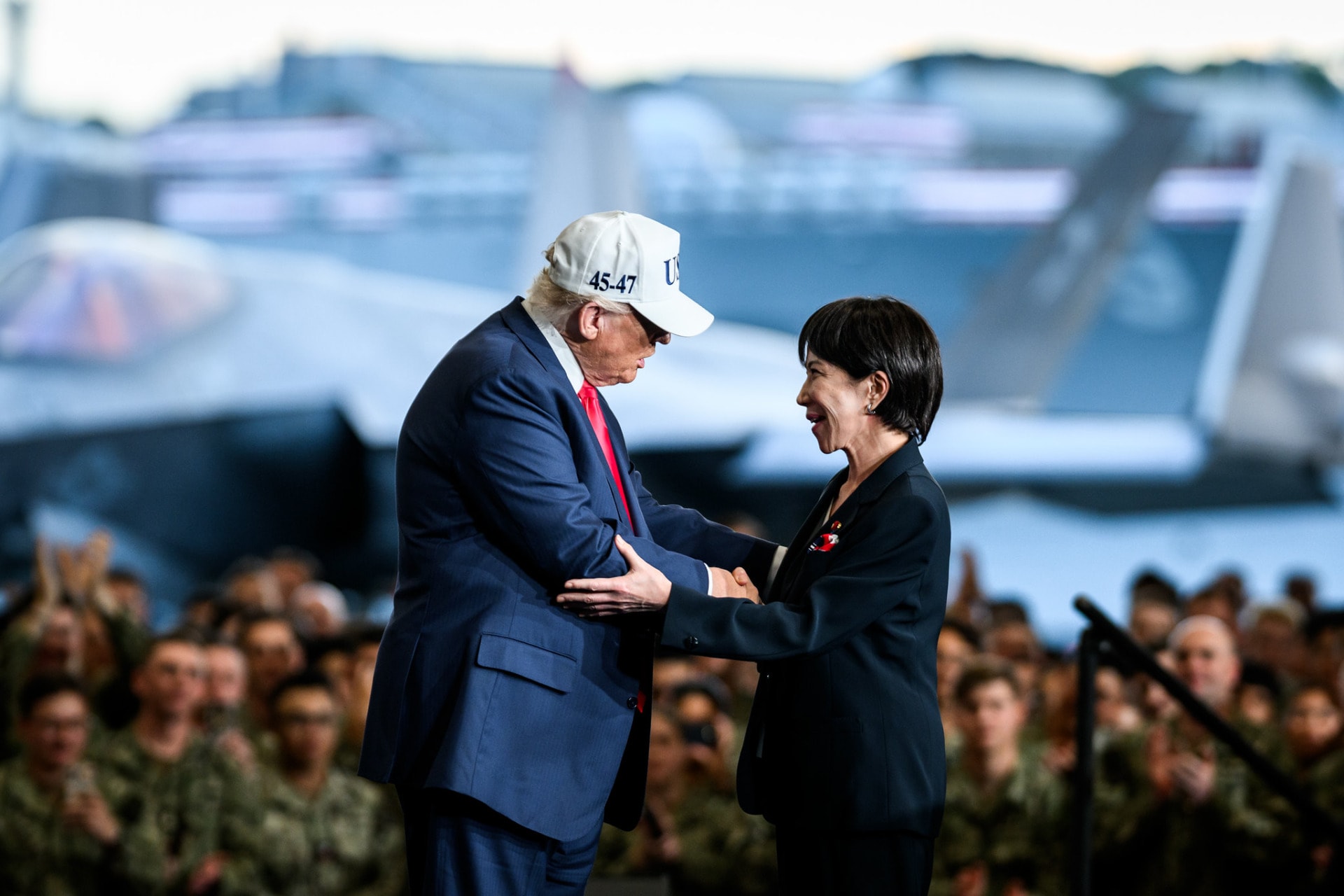As the United Nations general assembly welcomes world leaders this week, the eyes of the international community are falling on New York amid a rampaging global pandemic and a worsening climate crisis. However, deteriorating relations between the United States and China are sparking fears that solutions to the most pressing issues may be undercut by worldwide collaborative failures and diplomatic fragility.
In an eye opening interview with the Associated Press prior to the annual summit, UN Secretary-General Antonio Guterres has issued a stark warning that we may be on the brink of a new cold war, urging the world’s two major economies to mend their “completely dysfunctional” relationship before the current contentious dynamic spills into fractious antagonism that would stifle any forms of progress along deep political and ideological divides.
As vast discrepancies in global vaccination rates tell us, current international cooperation on global issues is not where it should be. Instead of collaboration on the pressing issues of climate action and recovery of the pandemic-stricken global economy, a disconnect between the world’s most influential states has left the annual UN summit with little leverage to propose solutions to its most urgent problems.
In the same week that a US-Britain deal to provide Australia with nuclear-powered submarines has exacerbated international anxieties over US-China relations, Guterres has attempted to press the urgency of the situation as one that would dominate global dynamics and distract from dire problems that should instead be the focus of this week’s talks.
“Unfortunately, today we only have confrontation,” said Guterres in his interview with AP.
Related Articles: Africa’s Low Vaccine Rates Pose Worldwide Threat | UN Warns That Countries Are Failing to Meet Paris Agreement Goals | Sustaining Destruction: Nuclear Weapons and the Sustainable Development Goals
The UN secretary-general has been warning of the consequences of international disputes for some time. Two years ago, Guterres stated that the risk of the world splitting in two along the lines of the US and China was growing, with the two creating rival internets, currency, trade dynamics, financial rules, “and their own zero-sum geopolitical and military strategies.”
The landscape that bred these issues has only been exacerbated by the pandemic, and Guterres’ warnings have grown more urgent.
“We need to avoid at all costs a Cold War that would be different from the past one, and probably more dangerous and more difficult to manage,” Guterres said, adding that “now, today, everything is more fluid, and even the experience that existed in the past to manage crisis is no longer there.”
On the United Nations 75th anniversary one year ago, the assembly’s 193 member states called on the UN chief to make recommendations to address challenges to global governance, a telling declaration over the international understanding of the importance of cooperation in global affairs. Guterres’ response, a report titled “Our Common Agenda” released last week, outlined the same message of collaboration and security that the secretary-general has been promoting ahead of this week’s summit.
“Global decision-making is fixed on immediate gain, ignoring the long-term consequences of decisions — or indecision,” said the report, cautioning that the pandemic exposed global weaknesses that should serve as a wake-up call to implement “new metrics that value the life and well-being of the many over short-term profit for the few.”
The UN chief stated that the international community finds itself in a “pivotal moment,” one that could either devolve into a perpetual Cold War-esque crisis or emerge into a greener and safer future.
To keep temperature rise below 1.5°C, countries need to cooperate.
As #UNGA high level week gets underway, @antonioguterres stresses the need for nations to come together & take urgent #ClimateAction to protect the future of our planet. https://t.co/FwCqpG7Cs3 pic.twitter.com/7UZscY5Etq
— United Nations (@UN) September 20, 2021
Thankfully, there are signs that aspects of this are moving in the right direction. As US President Joe Biden is preparing to address the United Nations for the first time since he took office, he enters with much-improved relations with international institutions than the United States had under his predecessor Donald Trump.
One of the key aspects of this has been repairing international trust in American policy, a factor that led Guterres to note that there is now “a completely different environment in the relationship.”
The secretary-general also pointed to Biden’s decision to re-join the 2015 Paris Climate Agreement as “probably the most important of them all,” although he implied that current fissures in US-China relations could upend progress that should be being made on urgent matters including the climate crisis.
“We need to re-establish a functional relationship between the two powers,” Guterres said, warning that it was “essential to address the problems of vaccination, the problems of climate change and many other global challenges that cannot be solved without constructive relations within the international community and mainly among the superpowers.”
The weaknesses of global cooperation that Guterres is warning of can be best outlined through the current situation with global vaccination rates, which after nearly a year still show huge discrepancies that correlate with national economic strength.
Of the first five billion vaccines administered worldwide, less than 200 million were provided to low-income countries, a divide that Guterres labelled as “completely stupid from the point of view of defeating the virus.”
The secretary-general said that finding a solution to global vaccination coverage would only be possible depending “on political will,” a dynamic that he clearly does not see as ideal as his report pointed to a global “paralysis” of wide-ranging proportions.
Guterres called for an immediate global vaccination plan implemented by an emergency task force, saying “investing $50 billion in vaccinations now could add an estimated $9 trillion to the global economy in the next four years.”
Interweaving the issues of pandemic recovery and international cooperation, Guterres said that the divides in vaccination rates present problems that go right to the heart of “global security,” adding that they risk undermining progress across the board that is “very dangerous for the capacity to bring the world together to fight climate change.”
2021 is a critical year for international negotiations, with pressure continuing to mount on vital summits like the United Nations assembly this week and the COP26 in less than 50 days to produce constructive solutions to growing problems. Emergencies like the climate crisis and the Covid-19 pandemic do not have time to be undercut with a cold war, and one can only hope that warnings like those from Secretary Guterres are heeded by the world’s key players before they deteriorate past the point of no return.
Editor’s Note: The opinions expressed here by Impakter.com columnists are their own, not those of Impakter.com. — In the Featured Photo:The UN Building, New York. Featured Photo Credit: Pixabay








